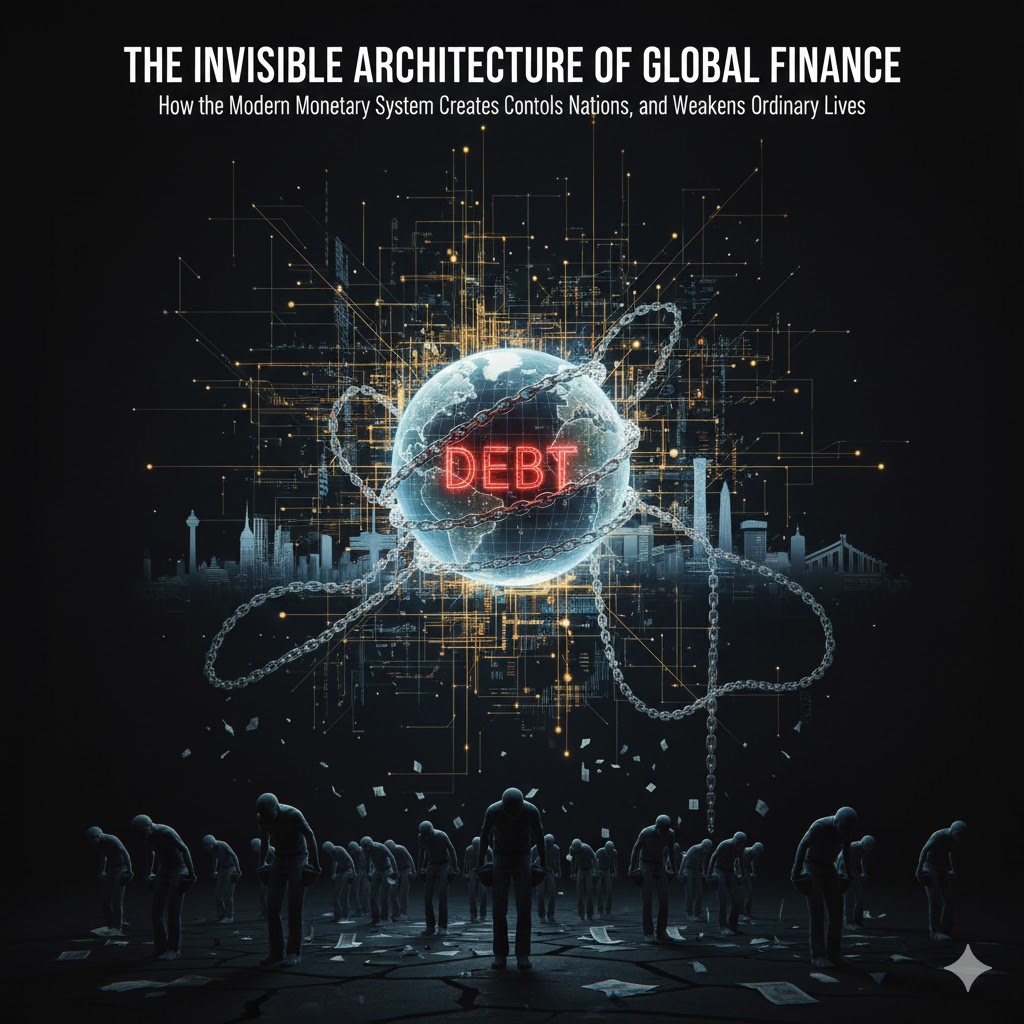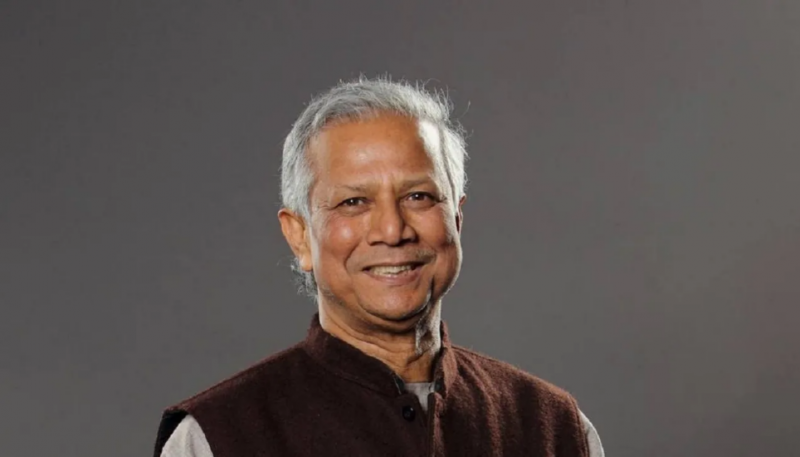Introduction
Dr. Muhammad Yunus, born on June 28, 1940, in Chittagong, Bangladesh, is an economist, social entrepreneur, and the founder of Grameen Bank. His groundbreaking work in microfinance has earned him global recognition, including the Nobel Peace Prize in 2006. This article explores his journey from an academic to a champion of the poor, his innovative ideas, and the profound impact he has had on millions of lives around the world.
Early Life and Education
Dr. Muhammad Yunus was raised in a family that valued education and social responsibility. His father was a successful jeweler, and his mother was actively involved in social work. Yunus’s early exposure to the importance of education and social justice influenced his future endeavors.
He completed his primary and secondary education in Chittagong before moving to Dhaka to attend Dhaka University, where he earned a bachelor’s degree in economics. Yunus then received a Fulbright scholarship to study in the United States, where he completed his Ph.D. in economics at Vanderbilt University in 1969.
Academic Career and Inspiration
Upon returning to Bangladesh, Yunus joined the faculty of Chittagong University as the head of the Economics Department. During the famine of 1974, he witnessed the severe impact of poverty on rural communities, which deeply affected him. This experience prompted him to seek practical solutions to alleviate poverty.
Hidden Talent: Storytelling and Communication
One of Yunus’s lesser-known talents is his exceptional storytelling ability. He uses this skill to communicate complex economic concepts in simple, relatable terms, making it easier for people to understand and support his vision. His engaging narratives have been instrumental in garnering support for microfinance initiatives globally.
The Birth of Microfinance and Grameen Bank
In 1976, Dr. Yunus started an experimental project in the village of Jobra, near Chittagong, by lending small amounts of money to poor villagers, primarily women, who lacked access to traditional banking services. He believed that even a small amount of capital could empower them to start their own businesses and improve their living conditions.
The success of this experiment led to the establishment of Grameen Bank in 1983. The bank’s model was based on trust and solidarity, providing microloans without collateral to the poorest of the poor. This innovative approach to banking proved highly effective, lifting millions out of poverty and inspiring similar initiatives worldwide.

Achievements and Global Impact
Dr. Yunus’s work with Grameen Bank has had a transformative impact on global poverty alleviation. By 2021, Grameen Bank had disbursed over $30 billion in loans to more than 9 million borrowers, with a remarkable repayment rate of over 98%.
Social Business and Beyond
Beyond microfinance, Dr. Yunus has been a strong advocate for social business—a business model designed to solve social problems in a financially sustainable way. He has established numerous social businesses in various sectors, including healthcare, education, and renewable energy, demonstrating the potential of entrepreneurship to address societal challenges.
Resilience and Challenges
Despite his many successes, Dr. Yunus has faced significant challenges. His relationship with the Bangladeshi government has been fraught with tension, particularly regarding the regulation of microfinance institutions and his involvement in politics. In 2011, he was controversially removed from his position as Managing Director of Grameen Bank, a move widely criticized by the international community.
Recent Developments and Future Vision
Dr. Yunus continues to be an influential voice in the global fight against poverty. He has expanded his efforts to promote social business and financial inclusion through the Yunus Centre, an organization dedicated to advancing his vision of a world without poverty.
In recent years, he has also focused on advocating for a more equitable economic system, emphasizing the need for sustainable development and the empowerment of young entrepreneurs. His vision for the future includes a world where social business plays a central role in addressing global challenges.
Influence on Modern Social Entrepreneurship
Dr. Muhammad Yunus’s pioneering work has inspired a new generation of social entrepreneurs who are dedicated to creating positive social change through innovative business models. His emphasis on financial inclusion and social impact has reshaped the landscape of entrepreneurship and development, demonstrating that business can be a powerful tool for good.
Conclusion
Dr. Muhammad Yunus’s legacy as a pioneer of microfinance and social entrepreneurship is deeply embedded in the global movement towards poverty alleviation and sustainable development. His unwavering commitment to empowering the poor and his innovative approach to banking and business have transformed millions of lives. By exploring the lesser-known facets of his life and contributions, we gain a deeper appreciation of the qualities that make Dr. Yunus a true visionary and changemaker.
References
- Yunus, Muhammad. Banker to the Poor: Micro-Lending and the Battle Against World Poverty. PublicAffairs, 2007.
- Yunus, Muhammad. Building Social Business: The New Kind of Capitalism that Serves Humanity’s Most Pressing Needs. PublicAffairs, 2011.
- Yunus, Muhammad, and Karl Weber. Creating a World Without Poverty: Social Business and the Future of Capitalism. PublicAffairs, 2008.
- Grameen Bank official website for the latest updates and initiatives.
- Yunus Centre official website for information on Dr. Yunus’s ongoing projects and advocacy efforts.










